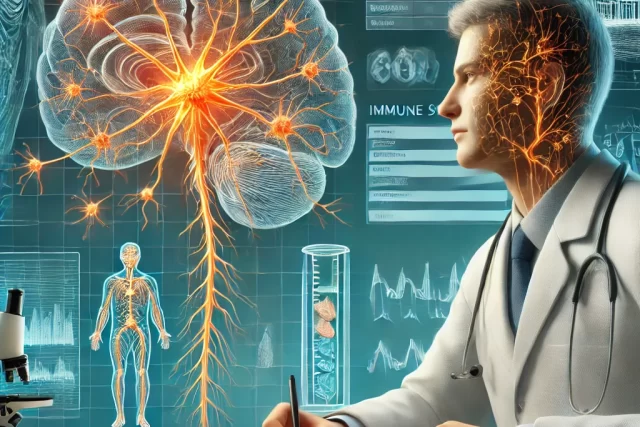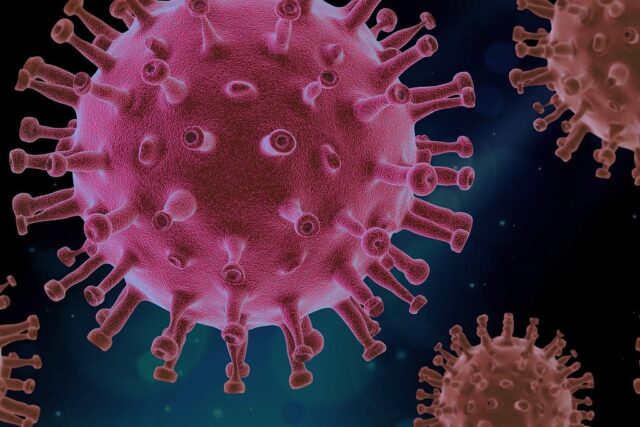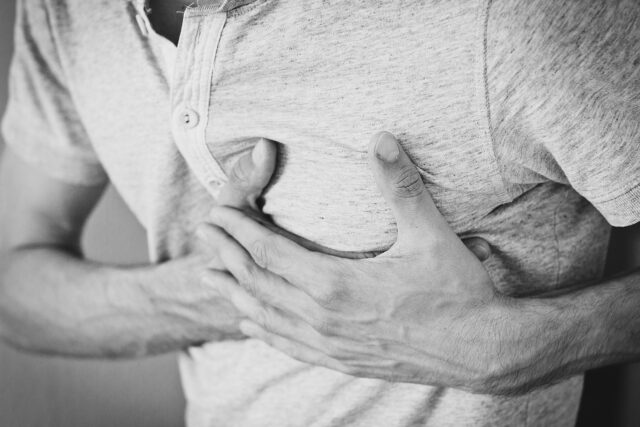Men Health: From Testosterone to Mental Fitness – A Comprehensive Guide

Men health is a multifaceted topic that encompasses physical fitness, hormonal balance, mental well-being, and overall lifestyle choices. In this comprehensive guide, we will explore key aspects of men’s fitness, focusing on testosterone, exercise, nutrition, mental health, and how they all interconnect.
Understanding Testosterone
Testosterone is a crucial hormone in men’s health, influencing muscle mass, bone density, fat distribution, and mood. As men age, testosterone levels naturally decline, which can lead to various health concerns. Maintaining healthy testosterone levels is vital for overall well-being.
Ways to Boost Testosterone:
- Exercise Regularly:
- Strength Training: Lifting weights has been shown to increase testosterone levels. Incorporating compound exercises like squats and deadlifts can be particularly effective.
- High-Intensity Interval Training (HIIT): Short bursts of intense exercise followed by rest can also promote testosterone production.
- Nutrition:
- Protein Intake: Consuming adequate protein supports muscle repair and growth, indirectly aiding testosterone levels.
- Healthy Fats: Incorporate sources of healthy fats, such as avocados, nuts, and olive oil. Omega-3 fatty acids, found in fish, are particularly beneficial.
- Vitamins and Minerals: Zinc and vitamin D are essential for testosterone production. Foods like lean meats, dairy, and leafy greens are rich in these nutrients.
- Sleep:
- Quality sleep is vital for hormone regulation. Aim for 7-9 hours per night to support healthy testosterone levels.
- Stress Management:
- Chronic stress elevates cortisol, a hormone that negatively impacts testosterone. Practicing relaxation techniques like meditation and deep breathing can help reduce stress.
Physical Fitness and Exercise for Men Health

Regular physical activity is foundational to men’s health. It not only helps maintain a healthy weight but also improves cardiovascular health, boosts mood, and enhances energy levels.
Types of Exercise:
- Strength Training:
- Builds muscle mass and increases metabolism.
- Important for bone health and reducing the risk of osteoporosis.
- Cardiovascular Exercise:
- Activities like running, cycling, and swimming improve heart health and endurance.
- Aim for at least 150 minutes of moderate-intensity cardio per week.
- Flexibility and Balance:
- Incorporate stretching and balance exercises to enhance flexibility and prevent injuries.
- Yoga and pilates are excellent for improving flexibility and core strength.
Nutrition and Diet
A balanced diet is crucial for maintaining optimal health. Focus on whole foods and nutrient-dense meals to fuel your body effectively.
Key Nutritional Guidelines:
- Balanced Macronutrients:
- Carbohydrates: Choose complex carbs like whole grains, fruits, and vegetables for sustained energy.
- Proteins: Essential for muscle repair and growth. Include lean meats, fish, eggs, and plant-based proteins in your diet.
- Fats: Include healthy fats from sources like nuts, seeds, and fish to support brain health and hormone production.
- Hydration:
- Staying hydrated is vital for overall health. Aim for at least 8 cups of water daily, more if you are physically active.
- Limit Processed Foods:
- Reduce consumption of processed and sugary foods, which can lead to weight gain and other health issues.
Mental Health and Well-being
Mental fitness is as important as physical health. Mental health issues such as depression and anxiety are prevalent among men, but they often go unrecognized or untreated.
Strategies for Mental Fitness:
- Stay Connected:
- Building strong relationships with friends and family provides emotional support and reduces feelings of isolation.
- Seek Professional Help:
- Don’t hesitate to consult a mental health professional if you experience persistent feelings of sadness or anxiety.
- Mindfulness and Meditation:
- Practicing mindfulness can reduce stress and improve overall mental health. Even a few minutes a day can make a difference.
- Physical Activity:
- Regular exercise has been shown to reduce symptoms of depression and anxiety. It releases endorphins, which enhance mood.
- Hobbies and Interests:
- Engaging in activities you enjoy can provide a sense of accomplishment and improve mental well-being.
The Role of Regular Check-Ups
Regular health check-ups are crucial for early detection and prevention of health issues. Discussing concerns with healthcare providers can lead to better management of physical and mental health.
Important Health Screenings:
- Blood Pressure and Cholesterol:
- Regular monitoring can prevent cardiovascular diseases.
- Diabetes Screening:
- Early detection and management of diabetes can prevent complications.
- Prostate Health:
- Regular screenings, especially for men over 50, are essential.
- Mental Health Assessments:
- Regular check-ins with a mental health professional can help manage stress and other issues.
The Importance of Sleep
Quality sleep is essential for physical recovery, mental clarity, and hormonal balance. Lack of sleep can lead to weight gain, decreased testosterone levels, and increased stress.

Tips for Better Sleep:
- Establish a Routine:
- Go to bed and wake up at the same time daily.
- Create a Relaxing Environment:
- Keep your bedroom cool, dark, and quiet.
- Limit Screen Time:
- Reduce exposure to screens at least an hour before bed to improve sleep quality.
- Avoid Stimulants:
- Limit caffeine and nicotine intake, especially in the afternoon and evening.
Fitness for Men
Men’s fitness encompasses more than just physical exercise; it involves a holistic approach to health that includes proper nutrition, mental well-being, hormonal balance, and regular health check-ups. By focusing on these areas, men can lead healthier, more fulfilling lives. Taking proactive steps towards maintaining physical and mental health can significantly improve quality of life and longevity. Remember, it’s never too late to start prioritizing your health.







